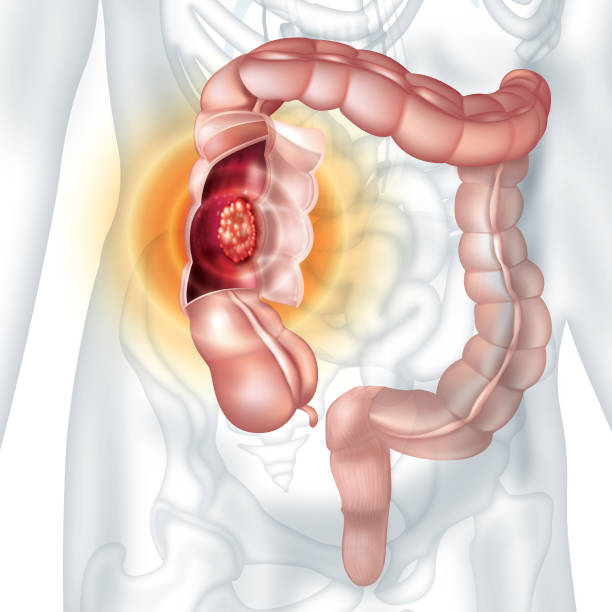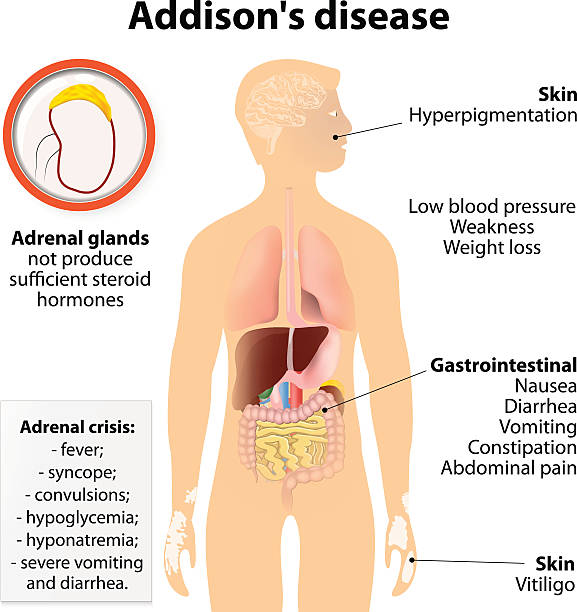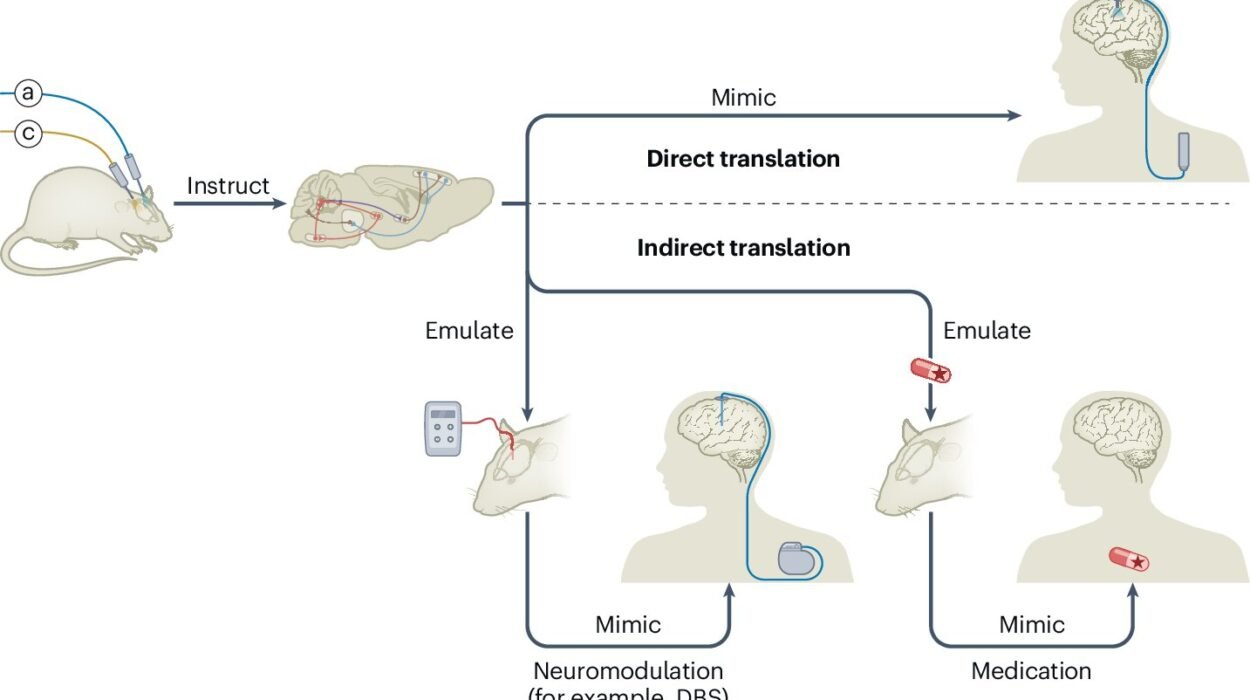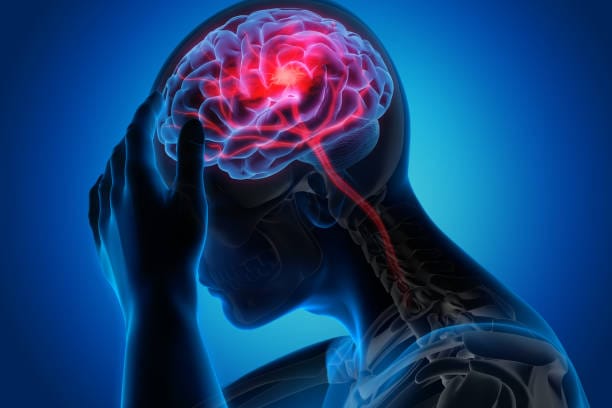Deep within the winding corridors of the human digestive system lies the colon—a muscular tube responsible for absorbing nutrients, reclaiming water, and compacting waste. It is also a quiet battleground where one of the most common and lethal cancers in the world can take root. Colon cancer, also known as colorectal cancer when referring to both the colon and rectum, is not a sudden invader but a slow-growing menace. For many, it begins silently, as tiny benign polyps that gradually morph into malignant growths over years. And because it progresses stealthily, colon cancer often escapes notice until it becomes more difficult to treat.
Worldwide, colorectal cancer ranks among the top causes of cancer-related deaths. In many developed nations, it is the second or third most common cancer diagnosis. But despite its prevalence, it remains a disease shrouded in silence and stigma—after all, few are eager to discuss bowel movements, rectal bleeding, or abdominal pain.
Yet these very signs—uncomfortable, awkward, and often dismissed—can be the key to catching colon cancer early, when it is most treatable and potentially curable. What you might chalk up to hemorrhoids, indigestion, or age-related changes may, in fact, be a red flag. The body whispers warnings before it screams. This article will explore those whispers in detail, helping you understand the subtle and not-so-subtle symptoms of colon cancer, and why ignoring them could mean missing a crucial window of opportunity.
When Your Digestive Rhythm Starts to Falter
One of the earliest indicators that something is amiss in the colon is a change in bowel habits. The colon’s primary function is to manage waste—absorbing water and salts from digested food and forming stool. Any disruption in its function can result in noticeable changes in bathroom behavior.
Frequent bouts of diarrhea or persistent constipation that lasts for more than a few days should raise eyebrows. These aren’t your run-of-the-mill digestive disturbances caused by a change in diet or a brief illness. When your bowel habits shift from their usual pattern and remain altered, it’s worth investigating.
What makes this symptom particularly tricky is how often it’s brushed off. People attribute it to stress, travel, a new medication, or just getting older. But when these changes persist—especially if accompanied by discomfort or an unexplained feeling of incompleteness after bowel movements—it could be the tumor itself interfering with the natural flow of waste through the colon.
Seeing Red When You Shouldn’t
Blood in the stool is perhaps the most alarming and unmistakable warning sign. Yet, paradoxically, it’s also one of the most ignored or rationalized. Many assume it’s due to hemorrhoids, especially if the blood is bright red and appears only on the toilet paper. But not all rectal bleeding is benign.
When bleeding occurs from the left side of the colon or the rectum, it may appear bright red. Bleeding from higher up in the colon, such as from the ascending or transverse colon, can result in dark, tarry stools—what doctors call melena. Either type of bleeding is concerning, especially if it’s persistent.
Tumors are highly vascular. As they grow, they erode into nearby blood vessels, leading to bleeding. This may be intermittent at first, but over time, it can contribute to anemia—a dangerous deficiency of red blood cells. If you notice blood in your stool even once, it warrants a medical evaluation. If you see it repeatedly, the urgency increases. Blood should never be dismissed.
The Lingering Weight of Abdominal Discomfort
Everyone experiences stomach aches from time to time. But colon cancer can cause a more persistent, often vague form of abdominal discomfort. This may include cramping, gas pains, bloating, or a sensation of fullness that doesn’t go away after a bowel movement.
As the tumor enlarges, it may partially block the intestine, causing food and waste to move less freely. This can lead to a dull ache or pressure in the belly. In some cases, particularly with right-sided colon cancers, the symptoms are so subtle that they’re mistaken for indigestion or a “sensitive stomach.”
The key distinction is persistence. Unlike the crampy, sharp pain of food poisoning or the spasms of irritable bowel syndrome, cancer-related discomfort tends to be low-grade but chronic, growing gradually more noticeable over time. For some, the pain becomes sharper and more defined as the tumor obstructs the colon, leading to potential bowel perforation or emergency surgery. Pain, especially in the lower abdomen, is never just “nothing.” It’s your body’s way of flagging attention.
When Energy Slips Through the Cracks
Fatigue is one of the most insidious symptoms of colon cancer. It doesn’t hit all at once, but rather trickles into your life—disrupting routines, draining energy, and casting a dull haze over daily tasks. You might find yourself struggling to stay awake during the afternoon or needing longer hours of sleep just to feel “okay.”
This exhaustion isn’t the result of a hectic schedule. Instead, it often stems from internal blood loss. As tumors bleed over time, the body loses iron and red blood cells, leading to iron-deficiency anemia. Red blood cells are the oxygen couriers of the body. Without enough of them, muscles tire quickly, the brain fogs, and even simple exertions feel mountainous.
What makes cancer fatigue particularly deceptive is how people normalize it. Middle-aged and older adults may assume their tiredness is just a natural part of aging. But when fatigue becomes unrelenting, when it stops you from doing things you used to enjoy or forces you to nap regularly, it’s time to investigate—not hibernate.
The Shrinking Shadow of Unexplained Weight Loss
For many, losing weight without trying seems like a dream come true. But in the medical world, it’s a warning siren. Sudden, unexplained weight loss is often a sign that the body is waging an internal war, and colon cancer can be one of the culprits.
Cancer cells are voracious. They consume energy and nutrients to fuel their unchecked growth. At the same time, they release substances that alter metabolism and appetite. People with colon cancer may notice a gradual drop in weight, even without changing their eating habits or exercise routines. Clothes may fit looser, belts need extra tightening, and the bathroom scale starts to betray its usual numbers.
When combined with other symptoms—such as fatigue or abdominal pain—unexplained weight loss becomes a glaring red flag. It suggests not only the presence of a tumor, but potentially one that is spreading or impacting bodily systems beyond the colon itself.
The Subtle Tension of a Persistent Urge
One of the lesser-known symptoms of rectal or lower colon cancer is the sensation of incomplete evacuation—the feeling that you still need to go to the bathroom, even after you’ve just gone. Known as tenesmus, this symptom arises when a tumor physically obstructs the rectum or irritates its lining, sending misleading signals to the brain.
This can become a frustrating cycle—constantly needing to use the bathroom, passing only small amounts of stool, and never feeling fully relieved. Over time, this can be both physically and emotionally draining. It’s often dismissed as a minor inconvenience or attributed to dietary fiber imbalance, but it can be an early sign of a mass growing near the exit of the digestive tract.
When tenesmus is accompanied by changes in stool shape—like pencil-thin stools—or blood, the suspicion of cancer should rise. Stool that consistently appears narrow may indicate that something is narrowing the passage through which it flows. That something may be a tumor pressing in from within.
The Diagnostic Hurdles and Emotional Terrain
One of the greatest challenges with colon cancer is the emotional resistance many people feel when symptoms arise. There’s a societal taboo around discussing bowel habits, rectal bleeding, or persistent stomach issues. Many find the idea of a colonoscopy embarrassing, invasive, or frightening. But early detection is the single most powerful tool against this cancer.
Colon cancer often develops from benign growths called adenomatous polyps. These can be easily removed during routine colonoscopies, halting cancer before it starts. The irony is painful—an easily preventable cancer continues to kill because people ignore or dismiss the early signs.
For those already experiencing symptoms, the pathway to diagnosis usually involves a combination of a physical exam, stool testing for occult blood, blood tests for anemia, imaging such as CT colonography, and ultimately, a colonoscopy. During this procedure, doctors can visualize the interior of the colon with a camera, take biopsies, and remove suspicious growths.
It’s natural to feel fear when confronting the possibility of cancer. But knowledge is not a curse—it is a compass. The earlier colon cancer is diagnosed, the more curable it is. In fact, when caught at Stage I, the five-year survival rate is over 90 percent. Compare that to Stage IV, where survival plummets to around 14 percent. The timing of your response could be the difference between a cure and a struggle.
Shifting the Conversation to Prevention and Awareness
Colon cancer does not discriminate. While the risk increases with age—especially after 50—young adults are increasingly being diagnosed. Lifestyle factors play a role: diets high in red or processed meat, low in fiber, obesity, sedentary behavior, smoking, and alcohol use all increase the risk. But so does family history and genetic predisposition.
That’s why guidelines now recommend that average-risk adults begin colon cancer screening at age 45, and even earlier for those with risk factors. Screening options range from annual fecal immunochemical tests (FIT) to stool DNA tests and colonoscopies every ten years. The choice of test can depend on personal risk, preference, and access to healthcare—but any test is better than none.
Beyond screening, listening to your body is vital. It often knows before you do. The signals may be subtle at first—fatigue, minor bleeding, irregular bowels—but they build, accumulate, and compound until they demand attention. Ignoring them doesn’t make them go away. It just gives the disease time to grow.
Embracing the Science Without Shame
In many ways, fighting colon cancer is not just a medical battle, but a cultural one. It requires breaking the silence, shedding the stigma, and normalizing the conversation about digestive health. There’s no shame in talking about bowel movements or rectal bleeding. These are biological functions, not moral failings. And when something changes, your body deserves your attention—not embarrassment.
In recent years, public awareness campaigns like the “Blue Star” movement and stories from celebrities like Chadwick Boseman have helped bring colorectal cancer into the public eye. Still, more needs to be done. Education, access, and empathy are key.
We must collectively reach a point where scheduling a colonoscopy is as routine as getting a mammogram or checking blood pressure—where stool changes are discussed as openly as headaches or coughs. Because in doing so, we make early detection more likely, and we save lives.
Final Thoughts on Listening When the Body Speaks
Colon cancer is not a sudden intruder—it is a slow evolution, a quiet takeover. Its symptoms are rarely dramatic at first. They creep in, whispering rather than shouting. And in those whispers lie the clues that can lead to early intervention and survival.
You may not feel ill. You may dismiss a little blood here, a little fatigue there. You may think you’re too young, too healthy, or too busy to worry about colon cancer. But cancer doesn’t wait for convenience. It grows whether you pay attention or not.
The good news is that colon cancer is among the most preventable and treatable forms of cancer—if caught early. That means the path to survival begins not in the operating room, but in awareness. In paying attention to what your body is telling you. In not brushing off changes. In getting screened.
The colon may be deep inside the body, but its signs are not hidden. You just have to be willing to look. To listen. To care enough to act.
Your health depends on it.






